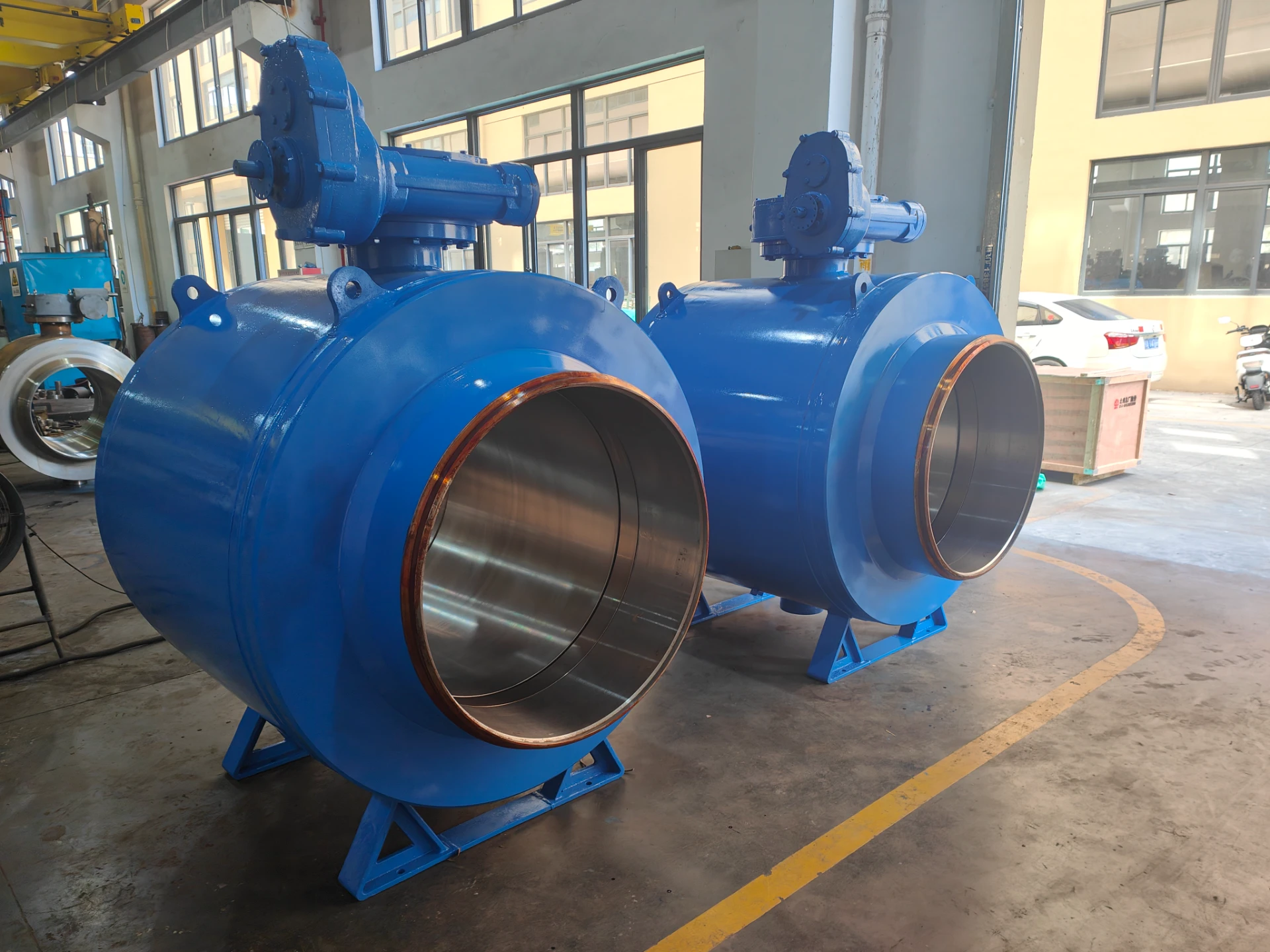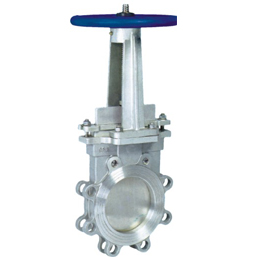Affordable Knife Gate Valve Prices High-Quality Stainless Steel
- Technical advantages and operational superiority of knife gate valves
- Current market statistics and pricing indicators for knife gate valves
- Comparative analysis of leading stainless steel knife gate valve manufacturers
- Material specifications and selection criteria for optimal performance
- Custom engineering solutions for specialized industrial applications
- Industry-specific implementation case studies and results
- Strategic investment approach for knife gate valve procurement

(knife gate valve price)
Technical Advantages Driving Knife Gate Valve Value
Industrial knife gate valves feature specialized blade-like gates that cut through viscous fluids, making them indispensable for challenging applications. This unique shearing mechanism prevents buildup and ensures uninterrupted flow control. Three core technological advantages contribute to their operational superiority:
Precision-forged stainless steel blades maintain sharp edges for 3-5x longer service life compared to standard carbon steel alternatives. The metallurgical structure of 316L stainless provides exceptional resistance to pitting corrosion, especially crucial when handling abrasive slurries containing solids exceeding 15% concentration. Additionally, uni-directional sealing systems achieve zero-leakage performance at pressure differentials up to 1,500 psi - outperforming traditional gate valves by 40% in high-pressure scenarios.
Current Market Data and Knife Gate Valve Price Indicators
Global demand for industrial valves will reach $85 billion by 2025, with knife gate valves representing the fastest-growing segment at 7.2% CAGR according to McIlvaine Company. Current pricing reflects specialized manufacturing requirements:
Entry-level carbon steel models start at $850 for 4" Class 150 applications. Mid-range stainless steel variants (ASTM A351 CF8M) command $1,200-$3,800 depending on pressure ratings from ANSI 150 to 900. Premium ultra-corrosion-resistant versions using duplex stainless steels (UNS S32205) range from $4,200-$18,500 for sizes exceeding 24". Industry reports indicate 10-15% annual maintenance savings versus traditional gates due to reduced seal replacements.
Stainless Steel Knife Gate Valve Manufacturers Comparative Analysis
| Manufacturer | Material Certification | Pressure Range | Price Premium vs Standard | Specialized Services |
|---|---|---|---|---|
| ValvTechnologies | NACE MR0175 | ASME 150-2500 | 22-35% | Cryogenic & HIPPS applications |
| DeZURIK | PED 2014/68/EU | ANSI 125-900 | 15-28% | Fugitive emission packages |
| Flowserve | NORSOK M-650 | ASME 150-4500 | 30-42% | Metal-seated bidirectional |
ValvTechnologies leads in chemical processing installations with 99.6% reliability rates across 500+ facilities. Flowserve dominates mining applications where abrasive resistance is critical, with valve service life extending 60% beyond industry averages in copper concentrate transport.
Material Selection Criteria for Performance Optimization
Material composition directly determines longevity and knife gate valve price
positioning. Industry benchmarks reveal significant performance differentials:
Standard 304SS withstands pH 3-11 environments at temperatures up to 800°F (427°C) but shows stress corrosion cracking above 25,000 ppm chloride concentrations. Super duplex alternatives (UNS S32750) tolerate 5x higher chloride levels while maintaining structural integrity up to 570°F (300°C). Pressure-temperature ratings decrease approximately 15% for every 100°F beyond nominal thresholds. Cryogenic applications require specially annealed 316L exhibiting 28% higher impact strength at -320°F (-196°C).
Custom Engineering Solutions for Specialized Applications
Leading knife gate valve stainless steel manufacturers offer purpose-engineered modifications addressing unique operational challenges. Paper processing mills implement chrome carbide overlay coatings extending service intervals from 6 months to 3 years in pulp handling. For mining slurries containing >60% solids, manufacturers install replaceable tungsten carbide seat rings with Vickers hardness ratings exceeding 1,200 HV.
High-purity pharmaceutical installations require electro-polished interiors (Ra<15 μ-in) meeting ASME BPE standards. Fire-safe configurations incorporate graphite-based packing systems rated for 1,500°F (815°C) for 30 minutes. These modifications typically represent 15-40% price increments but deliver 300-500% operational cost savings through extended maintenance cycles.
Industry Implementation Case Studies
Canadian oil sands operations achieved 18-month continuous operation using super duplex valves where standard models failed quarterly. The upfront investment of $17,500 per valve versus $9,500 carbon steel alternatives reduced total ownership costs by 63% annually.
Wastewater treatment facilities in Singapore implemented 316L stainless knife gates with specialized elastomers. This configuration withstood hydrogen sulfide concentrations exceeding 500 ppm without seal degradation, eliminating quarterly shutdowns for component replacement. Municipal operators reported 78% maintenance reduction over 5-year operating periods.
Strategic Approaches to Knife Gate Valve Price Investment
Calculating lifetime ownership costs reveals why premium stainless steel valves deliver superior returns. While carbon steel units appear economical at 40-60% lower initial cost, they require 3-5x more frequent maintenance with associated production losses. Factoring in total cost per operating hour proves critical:
Process facilities should implement tiered procurement strategies: standard valves for non-critical services, certified stainless steel models for moderate conditions, and engineered solutions for extreme operations. Conducting thorough application audits before specifying valves reduces over-engineering expenses by 25% on average while ensuring reliability. Leading operators implement 5-year lifecycle analysis models incorporating maintenance, energy efficiency, and production impact when evaluating valve price points.

(knife gate valve price)
FAQS on knife gate valve price
Here are 5 HTML-formatted FAQs focusing on knife gate valve prices and manufacturers:Q: What factors influence knife gate valve price?
A: Pricing depends on valve size, pressure rating, material grade, and customization. Stainless steel valves typically cost more than carbon steel due to material expenses. Order quantity also significantly impacts unit pricing.
Q: Where can I find stainless steel knife gate valve manufacturers?
A: Reputable manufacturers globally specialize in stainless steel knife gate valves, particularly in industrial regions like China, USA, and Europe. Manufacturer directories on industrial platforms like Thomasnet or Alibaba list certified suppliers meeting international standards like API or ANSI.
Q: How do I choose reliable knife gate valve stainless steel manufacturers?
A: Verify certifications (ISO, API 6D), material test reports, and industry experience with applications similar to yours. Request samples and inspect manufacturing facilities. Established manufacturers provide documented quality control processes for stainless steel valves.
Q: Why does stainless steel affect knife gate valve pricing?
A: Stainless steel alloys (304/316) cost more than standard materials due to corrosion resistance and durability. Manufacturing complexity for stainless steel components increases production costs. Higher-grade stainless steel further elevates pricing for severe service applications.
Q: Do manufacturers offer customized pricing for bulk orders?
A: Yes, most stainless steel knife gate valve manufacturers provide volume discounts for large quantity purchases. Submit detailed specifications and required volumes for a formal quotation. Leading companies often negotiate package deals including logistics support for bulk contracts.
-
The Key to Fluid Control: Exploring the Advantages of Ball Valves in Industrial SystemsNewsJul.09,2025
-
The Versatile World of 1, 2, and 3 Piece Ball ValvesNewsJul.09,2025
-
Stainless Steel Ball Valves: The Ideal Choice for Efficient Flow ControlNewsJul.09,2025
-
Optimizing Fluid Control with Ball Float ValvesNewsJul.09,2025
-
Manual Gate Valves: Essential for Control and EfficiencyNewsJul.09,2025
-
Everything You Need to Know About Butterfly ValvesNewsJul.09,2025
-
The Versatility of Wafer Type Butterfly ValvesNewsJul.08,2025




